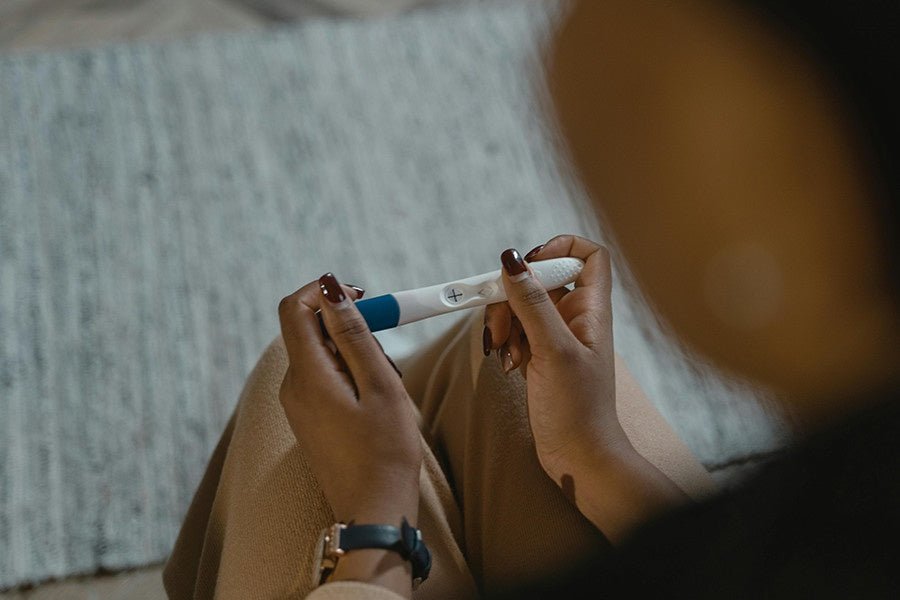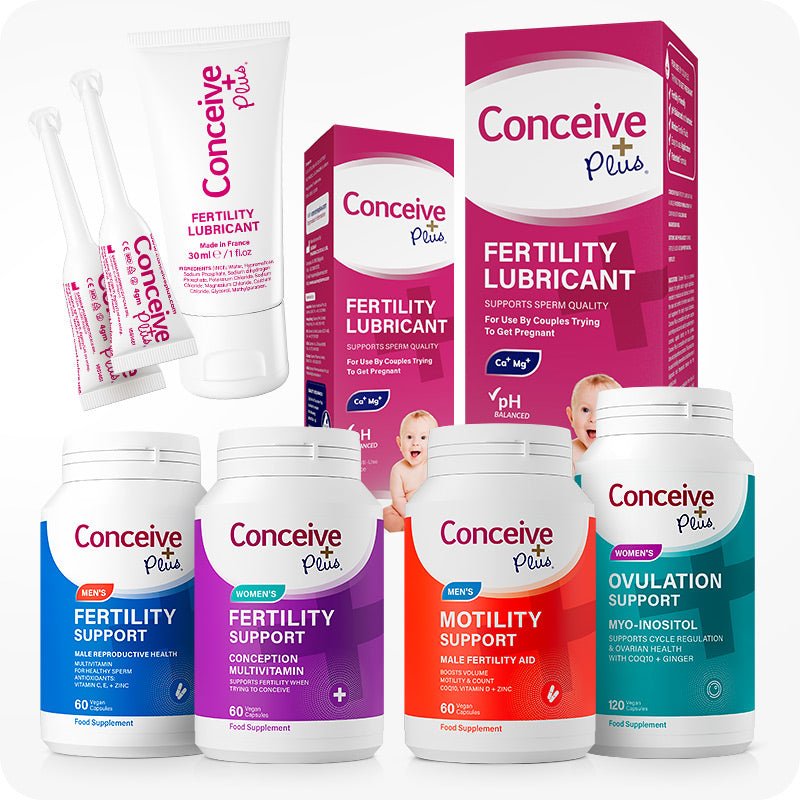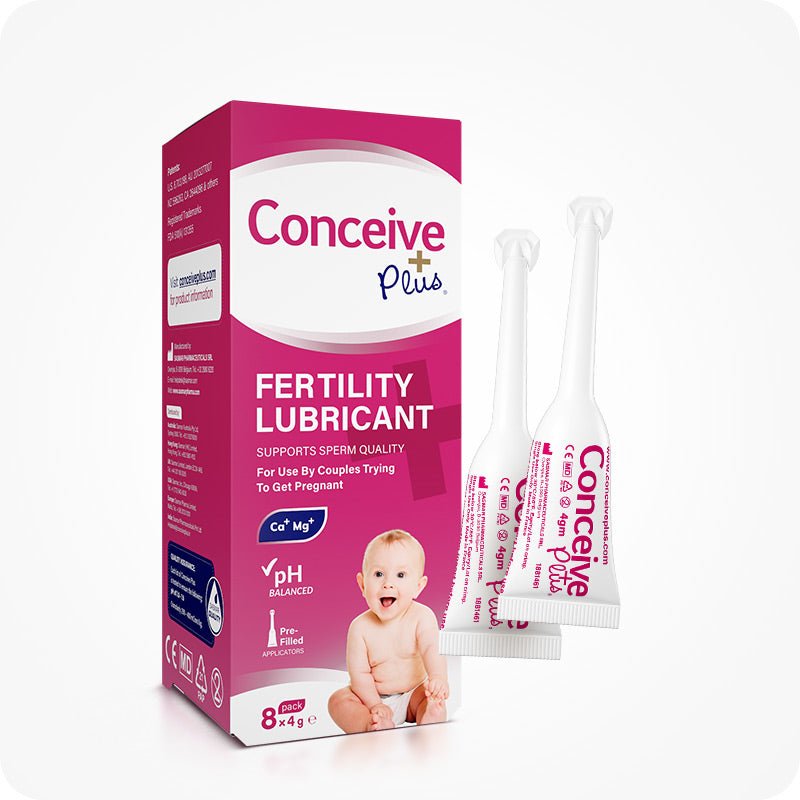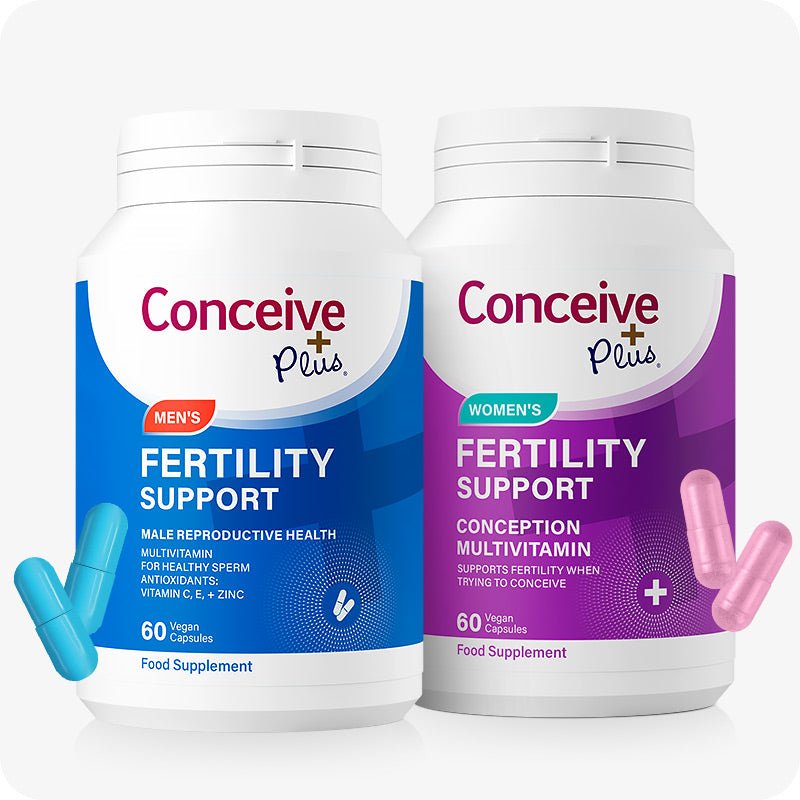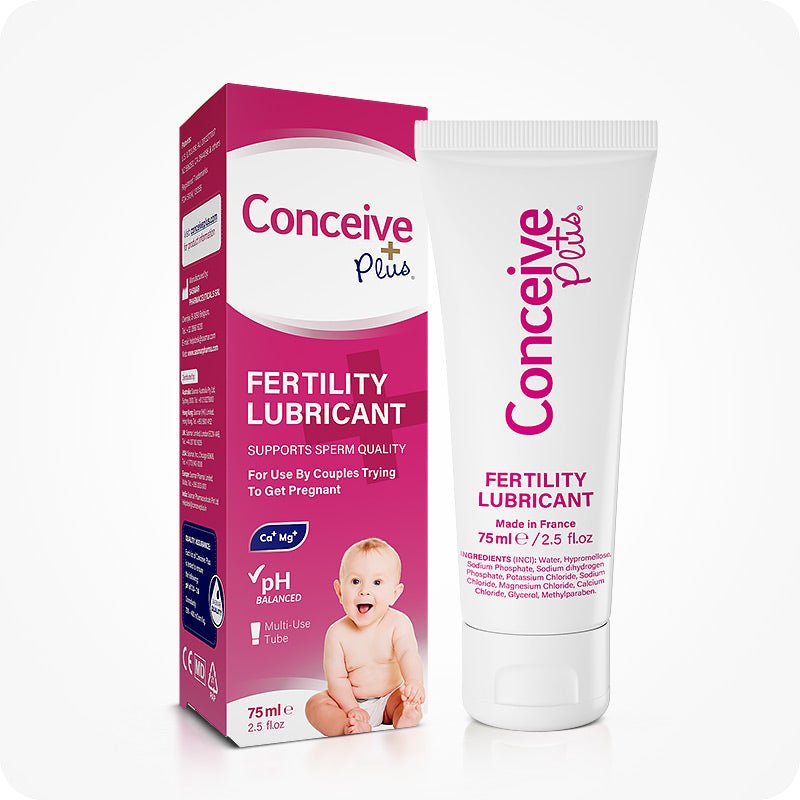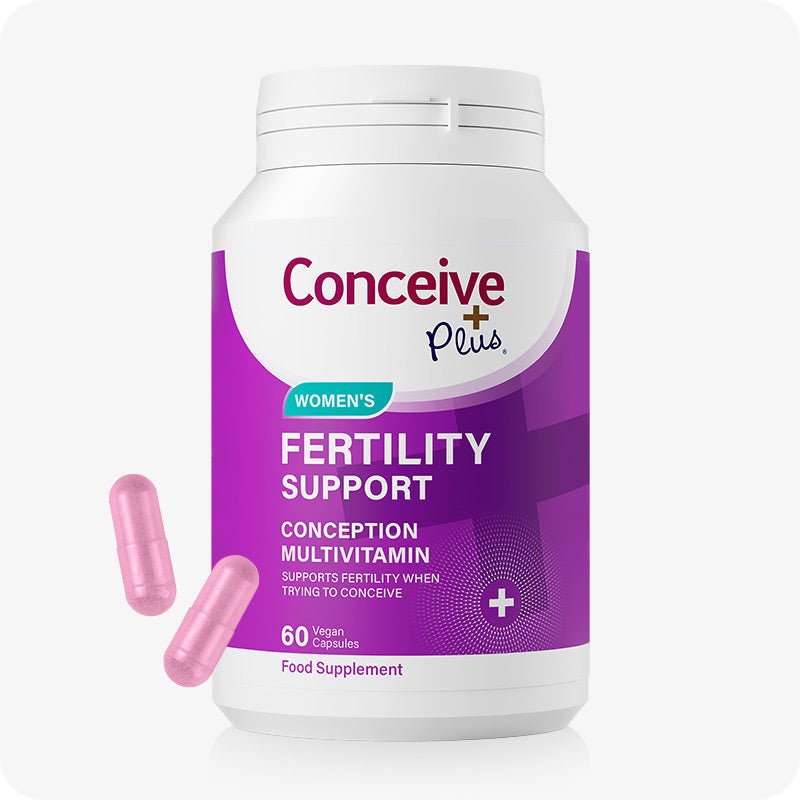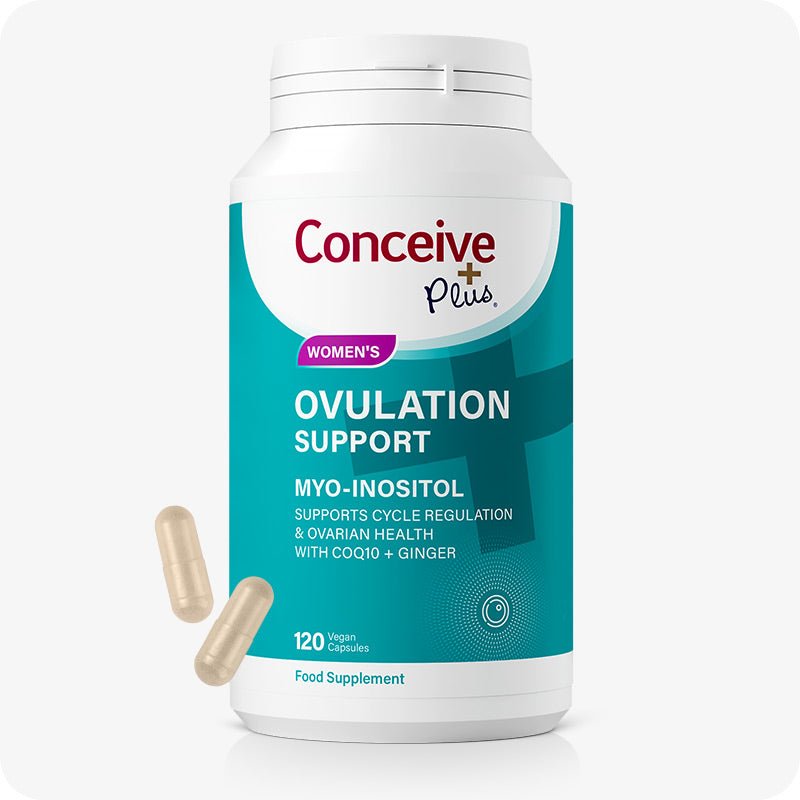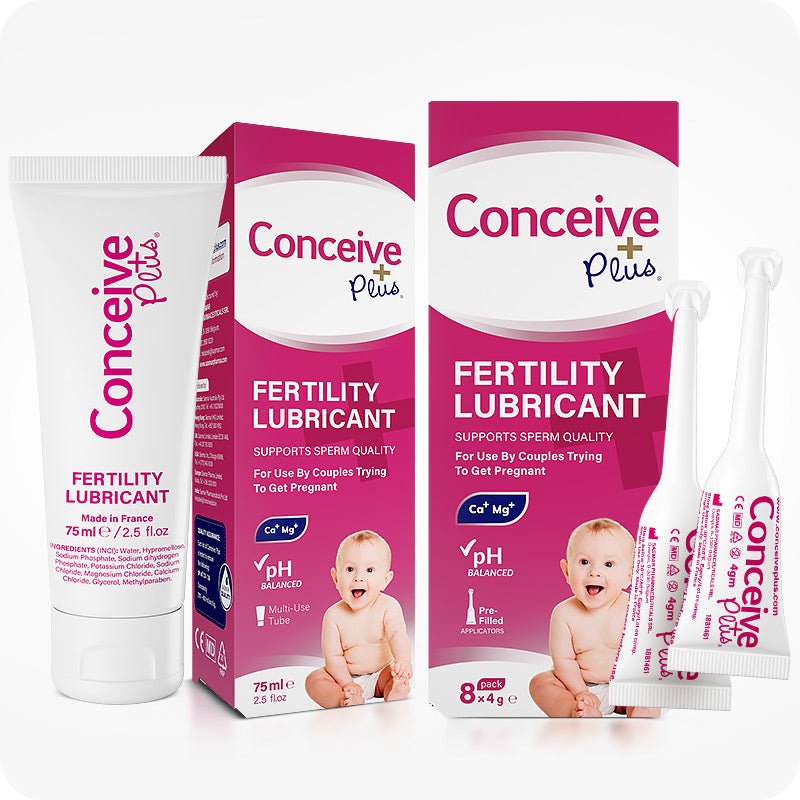affects of health folate
Low folate in male diet linked to risk of offspring birth defects
Previous research has shown that what mothers eat during pregnancy affects the health of their offspring. But now, a new study suggests that a father's diet prior to conception could also play an important role in their child's health, particularly when it comes to consumption of folate.
Folate, also known as vitamin B9, is found naturally in a broad variety of foods, including dark green leafy vegetables, nuts, beans, peas, fruit and fruit juices, dairy products, poultry and meat, eggs, seafood and grains.
In 1998, the US Food and Drug Administration (FDA) required manufacturers to add folate to enriched breads, flours, cereals, cornmeals, pastas, rice and many other grain products, since these products are highly consumed in the US.
The researchers, led by Sarah Kimmins of McGill University in Canada, say that in order for mothers to help prevent miscarriages and birth defects, it is well known that they must consume sufficient levels of folate.
According to the Office of Dietary Supplements, a part of the National Institutes of Health, women of childbearing age should have 400 mcg (micrograms) of folate each day from dietary supplements and/or fortified foods, and this increases to 600 mcg a day for pregnant women.
But the investigators note that whether a father's folate levels play an important role in the development of their offspring has been under-studied.



